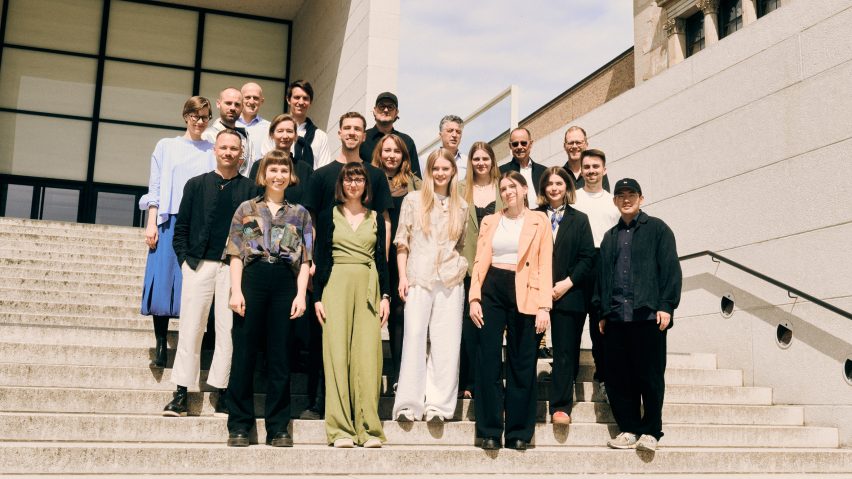
Winner of the 2024 Rimowa Design Prize revealed
Promotion: a pressure-technology waistcoat by Janne Kreimer that aims to tackle anxiety and depression has won the 2024 Rimowa Design Prize.
The competition is intended to champion the best examples where design and innovation combine to form ideas that lead to meaningful change on big global issues.
Kreimer, a student from Anhalt University in Germany, was presented with the trophy and a €20,000 prize at a ceremony at the James Simon Gallery in Berlin.
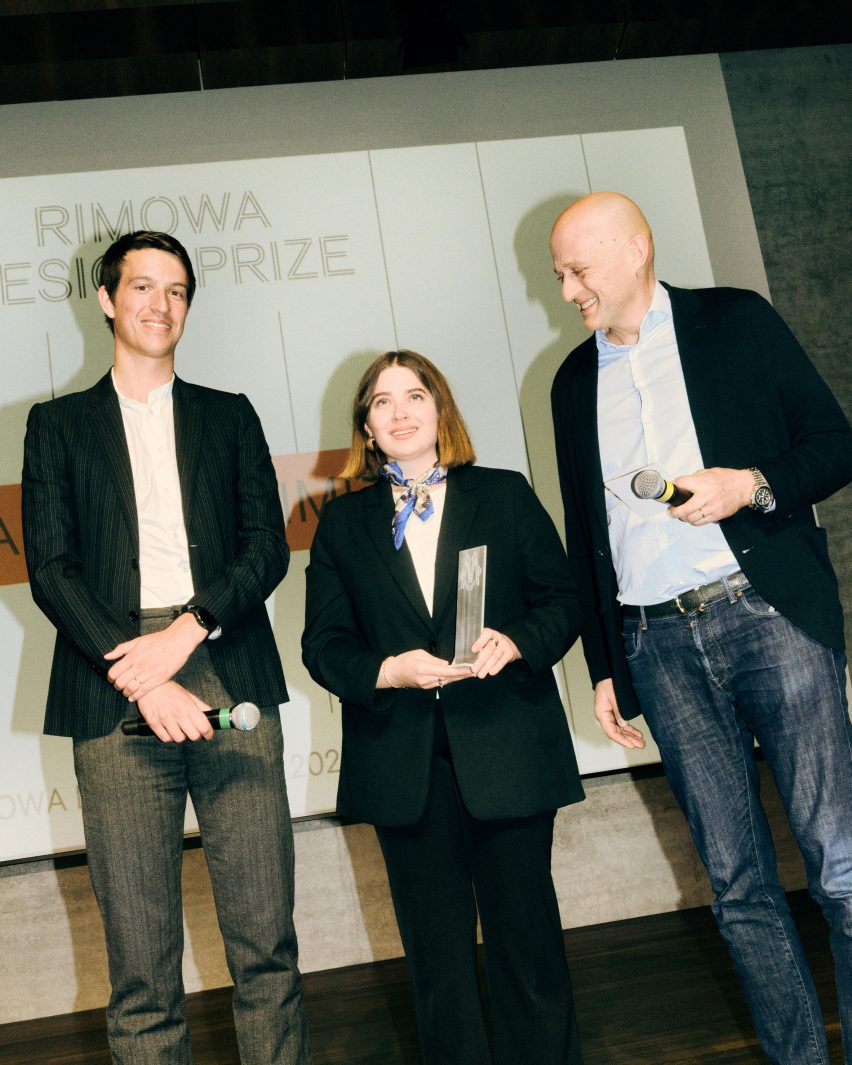
Kreimer's winning design was a black tank-styled waistcoat, called Ro, which was designed to activate the parasympathetic nervous system, creating a calming effect.
The waistcoat was made from TPU-coated nylon fabric and equipped with "soft robots," Rimowa said. It stimulates the body's acupressure points by applying pressure to them.
"As acupressure points' localisation varies based on body shape, age, and gender, RO employs a body scan to create a 3D digital model, which adjusts point distances using algorithmic controls to ensure precise targeting," Rimowa said.
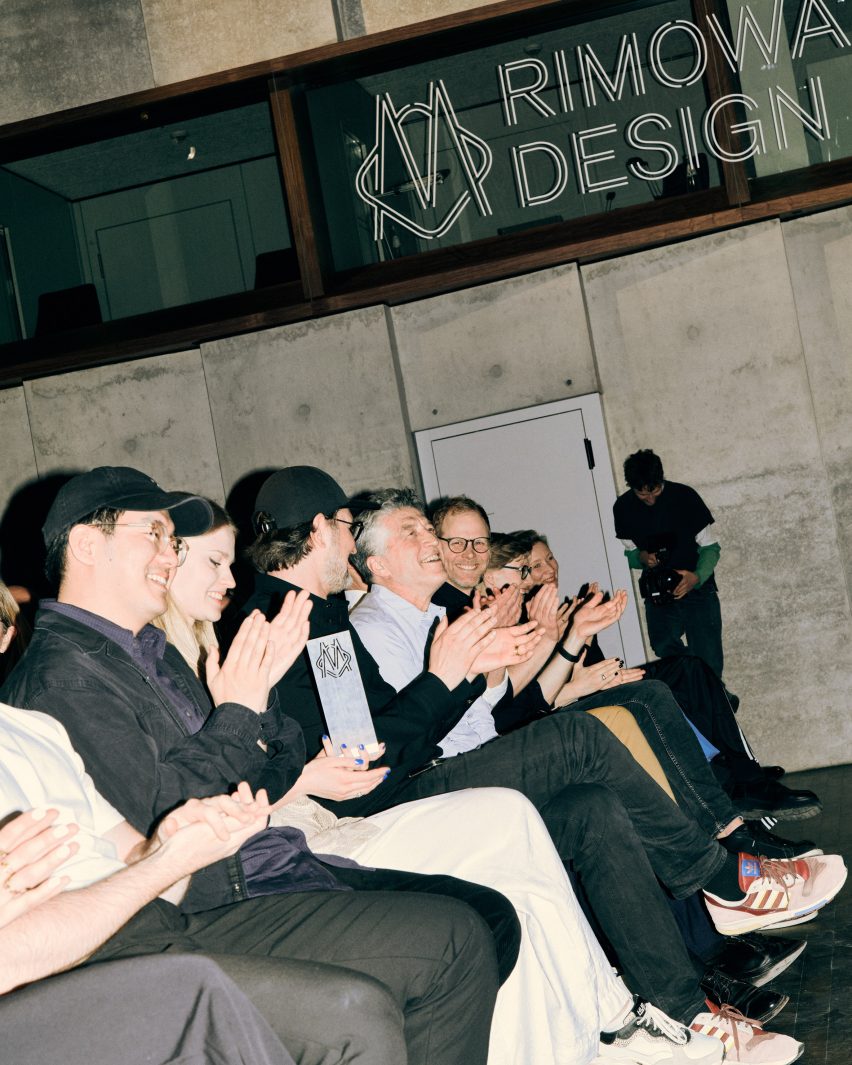
Kreimer said the motivation behind her winning design lay in her desire to address her own frequent experiences of feeling helpless.
"It stemmed from my personal need to find tools to learn to deal with my own fears, insecurities, and overwhelming nervousness," she told Dezeen.
"Most fears originate in our minds and are reinforced by negative expectations, leading to avoidance behaviours that only serve to amplify the fear," she added.
"This tool is therefore intended to enable us to confront our fears and thus avoid reinforcing them."
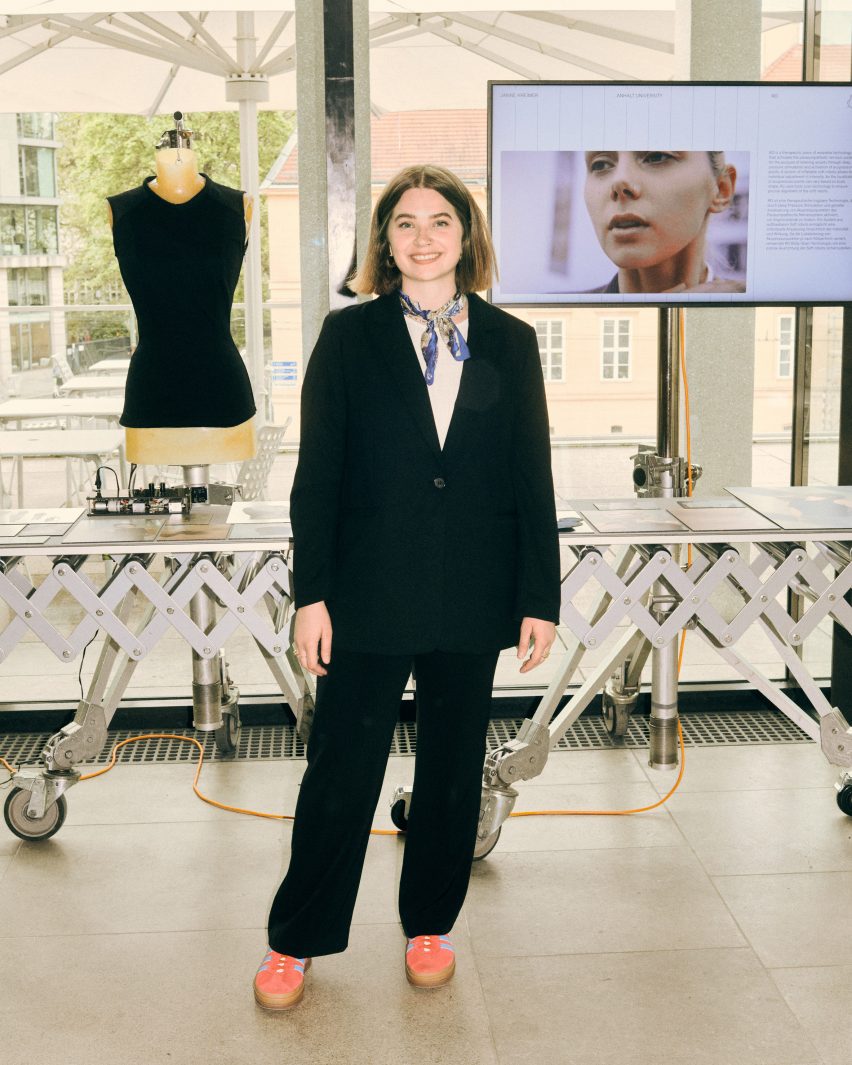
The judges included Rimowa's CEO Hugues Bonnet-Masimbert and chairman Alexandre Arnault. Also among the other judges was Susanne Graner, head of collection and archive at Vitra Design Museum.
"Janne's design seamlessly combines aesthetics, lightness and precision while addressing relevant social issues and offering tangible solutions," Graner said.
"It's always impressive to see how interdisciplinary research and collaboration among specialists leads to well-thought-out design results."
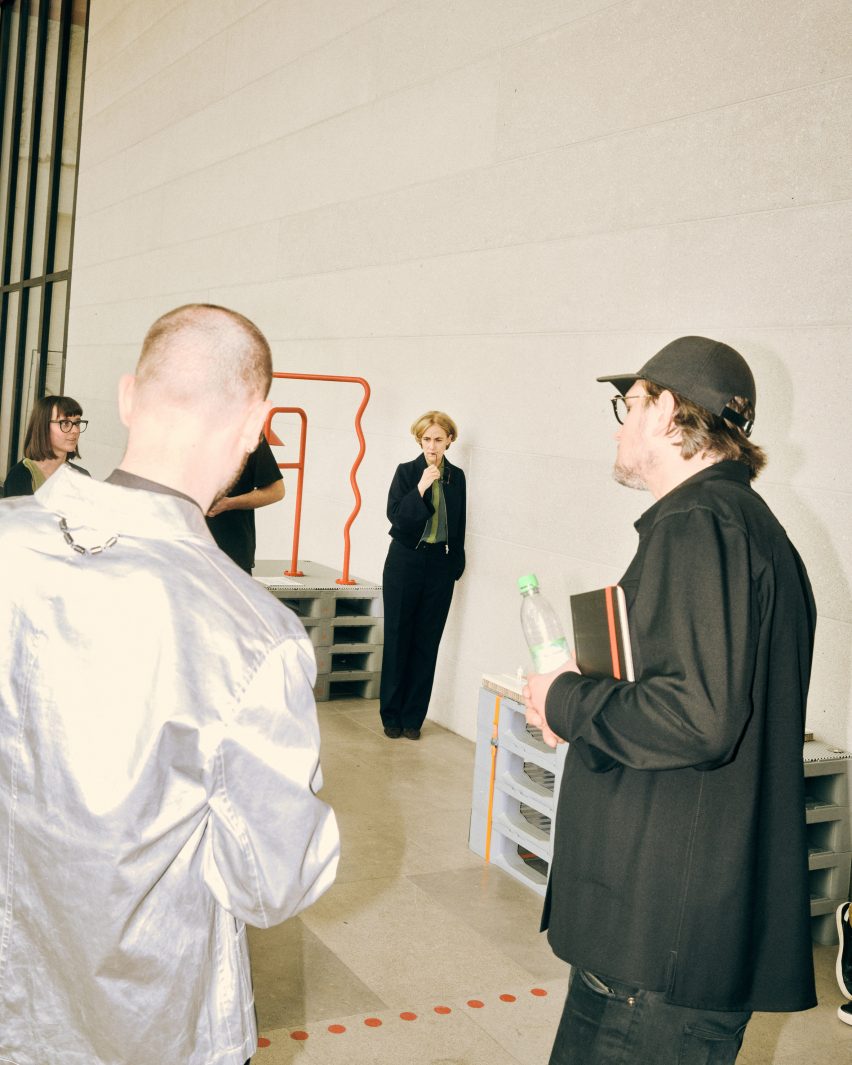
To Kramer, designing the waistcoat "highlighted the significant societal role design plays, beyond its mere existence," she said.
She now aims to further develop the concept.
"Participating in the competition does not signify the end for me, but rather the beginning of an exciting journey," she said.
"I firmly believe in the potential of Ro to make a difference in many people's lives, and I am determined to refine the concept, explore new avenues, and ultimately ensure its accessibility to people who have a need for it," she added.
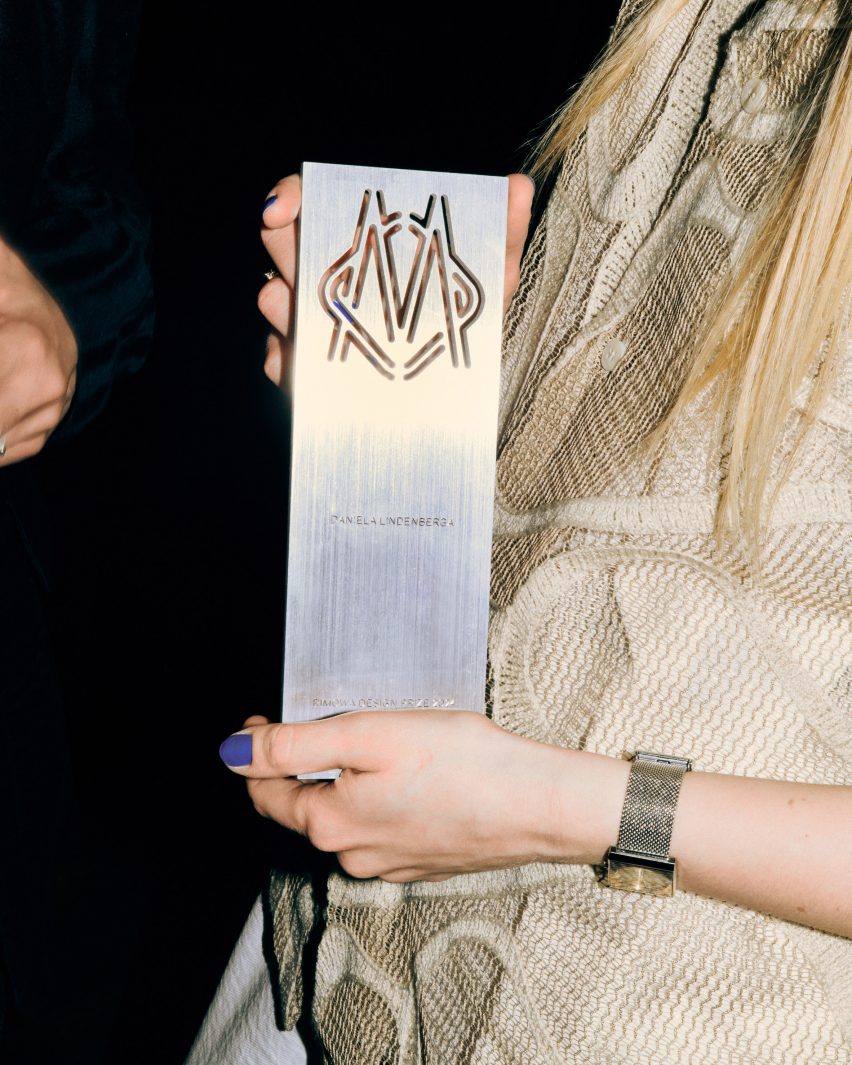
A special mention was given by the judging panel to Daniela Lindenberga, who developed a wearable safety device "in response to the rise in hate-motivated crimes in Germany", Rimowa said.
Her IXO design featured a flashlight, camera, microphone, speaker, and GPS tracker, designed to enhance user safety while traveling.
There were seven finalists in total for the Rimowa Design Prize, with Lindenberga receiving a ¢10,000 cash prize and the other finalists winning ¢5,000.
The other finalists were Angelicka Barbie and Sarah Eckerlein, Dominic Hahn and Franziska Dehm, Fengfan Yang, Luise Kempf and Dean Weigand, Pascal Schwientek and Jasmin Kappler.
The judging panel consisted of Alexandre Arnault, Rimowa's chairman; Hugues Bonnet-Masimbert, Rimowa's CEO; Graner, head of collection and archive at Vitra Design Museum; Sebastian Herkner, designer at Sebastian Herkner Studio; Matthias Kulla, director design management sports cars at Porsche; Regine Leibinger, co-founder of Barkow Leibinger; Andreas Murkudis, founder of Andreas Murkudis; Nina Sieverding and Anton Rahlwes, founders and editors at The Thing magazine; and Benjamin Wilson, communications director at Braun.
Discover more about the Rimowa Design Prize here.
The photography is by Marc Krause for Rimowa.
Partnership content
This article was written by Dezeen for Rimowa as part of a partnership. Find out more about Dezeen partnership content here.